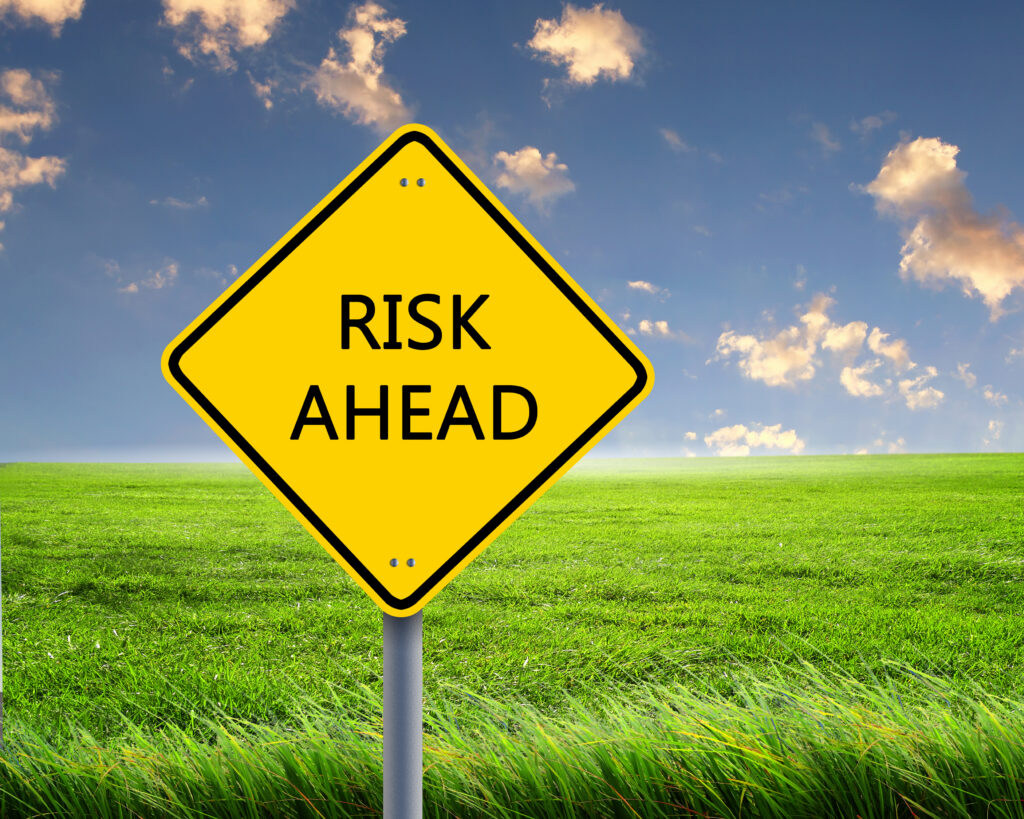U.S. companies importing goods from Southeast Asia must beware of transshipment schemes by Chinese suppliers. Not only do these schemes mean dealing with China problems after a supposed China departure, they also give rise to serious liabilities if importing into the United States.
Over the past few years, companies have had plenty of reasons to look for sourcing and manufacturing alternatives to China. This is particularly true for U.S. importers, who have felt the impact of an increasing number of tariffs and duties on Chinese goods.
The nearby countries of Southeast Asia offer attractive alternatives to China. Feeling the pain of the tariffs, many Chinese suppliers have also spotted opportunities in Southeast Asia, opening up their own production facilities in the region.
At the same time, many Chinese suppliers have seen an opportunity of a different kind, in the form of transshipment. Recognizing the value of a “Made in Vietnam” (or Malaysia, Taiwan, Thailand, Cambodia, Indonesia, or the Philippines) label, some Chinese suppliers merely ship their goods to a nearby country, where they undergo some minor processing, or are simply repackaged, or just directly transferred to a different vessel for onward shipment to the United States.
This may seem like a great ploy, but as we pointed out before in the aptly titled Transshipment: No Magic Remedy Against Tariffs, “the illegal transshipment of goods is an exceedingly risky endeavor” for U.S. importers:
The penalties are high. Importers that knowingly falsely label the country of origin on their imports are subject to significant fines and penalties under 19 U.S.C. § 1592 and to criminal prosecution under 18 U.S.C. § 542 (import by using false statement) and 18 U.S.C. § 545 (smuggling). Lying about a product’s country of origin can subject you to 20 years in federal prison.
Some Chinese suppliers are actually upfront about their transshipment activities. In those cases, you are being done a favor, which you should reciprocate by walking away immediately. However, most transhippers will not be that brazen, if nothing else because they know most savvy businesses want nothing to do with transshipment. Instead, they might claim that they have a factory in the country in question, or that they have some kind of relationship with a local supplier.
If you are told by a Chinese supplier that they have some arrangement going on in Southeast Asia, you must carry out comprehensive due diligence. As far as the U.S. government is concerned, the burden is on you to ascertain that the country of origin of the goods you are importing into the United States is in fact from the country stated on the entry forms.
This means it is incumbent on you to push back if your supplier assures you that it will be business as usual. With goods now being made in a different country, it is not business as usual. There are questions worth asking, and not just to allay transshipment concerns. If your Chinese supplier sourced most inputs locally, how will its new factory in Vietnam obtain those inputs? How will the shipment of inputs across an international border impact production schedules? Will seasoned workers from China go bolster the Vietnam operation?
Even if there is no evident China link when dealing with a supplier in Southeast Asia, you should still be on guard. For local actors, facilitating transshipment might be more profitable than producing goods.
You should strongly consider visiting your supplier’s facilities, or having a trusted representative do it for you. COVID greatly complicated things in this regard, but the region is beginning to open up. In any case, there is always the option of having someone who is based locally go take a look. Whoever goes, make sure you properly document the visit, in particular the fact that production of your goods is taking place there.
By the way, transshipment is not the only concern that should be on your mind when probing a Southeast Asian supplier’s China links. Providing confidential information to what is essentially a Chinese company (even if they have legit production facilities in Southeast Asia) means that you could be stuck with a China IP problem. This is not to say Southeast Asia is Valhalla for IP protection, because it isn’t. But the IP challenges in Southeast Asia are different than those present in China, and you will want to have the right strategy for your situation.
Bottom Line: The U.S. government is paying a lot of attention to illegal transshipment these days and it is never a good idea to be on the wrong side of the law. It goes without saying that you should stay away from anyone offering you magic solutions to avoid tariffs and duties. It is on your to avoid illegal transhipping issues and the best way to do this by carefully vetting your Southeast Asia suppliers.

























